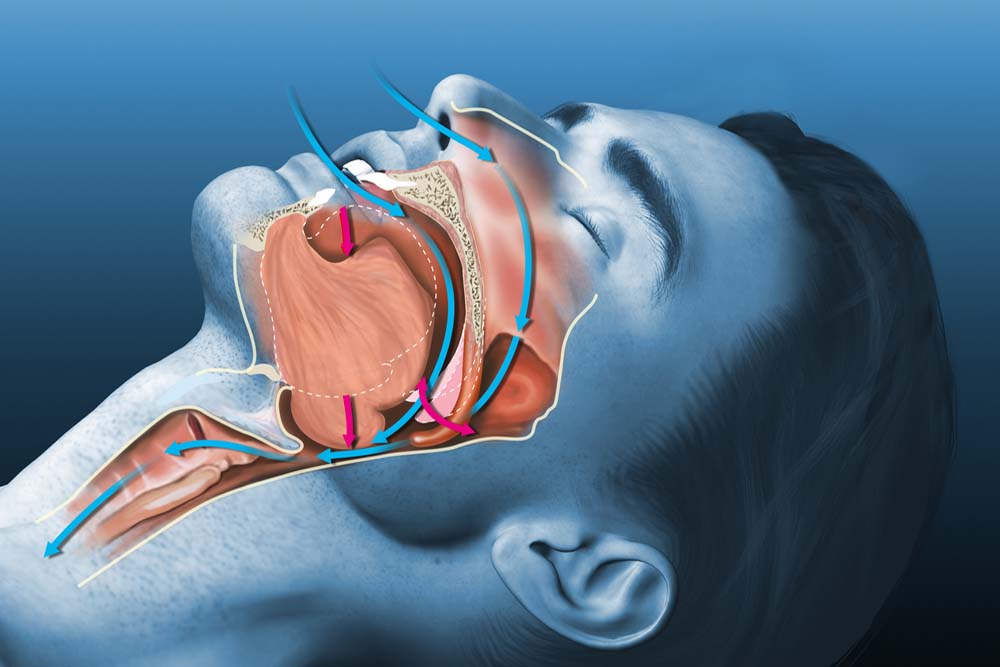Sleep Disorder Center

Due to the negative impact of a problematic sleep situation on human health (considering that one-third of our lives are spent in the act of sleep), these centers are established to provide diagnosis and treatment for all sleep disorders.
Sleep disorders centers, which were established and served with this intention, are a qualified branch in which otolaryngology, chest diseases, neurology and psychiatry branches work together. A detailed medical history is taken from the patients who apply to the center, some tests are requested after the physical examination, or if necessary, they may be asked to sleep in the sleep laboratory to be observed overnight.
Sleep disorders. The following situations are in the center's area of interest;
- Snoring
- Obstructive Sleep Apnea Syndrome (OSAS)
- Narcolepsy (Drowsiness all the time)
- Sleep Terror
- Chronic Insomnia
- Psychophysiological (Learned) Insomnia
- Inability to Fall asleep
- Inability to maintain Sleep
- Sleep Walking (Sleeping-Walking)
- Periodic Restless Leg Movements During Sleep
Tests performed in sleep disorders centers;
- Polysomnography (sleep test)
- Polysomnography and EEG
- Polysomnography and PAP titration
- Multiple sleep latency test (MSLT)
- CT, MRI, Endoscopy
- Restless legs syndrome assessment test
Obstructive Sleep Apnea Syndrome (OSAS)
The most common in this group of diseases is Obstructive Sleep Apnea Syndrome. The most common symptom of respiratory arrest (apnea) is snoring. This is due to the narrowing of the throat during sleep. Apart from the causes of narrowing in the throat such as tonsils, uvula, palate structure, conditions such as overweight, alcohol intake, fatigue, and insomnia also increase snoring.
During sleep, recurrent respiratory disorders (breathlessness: apnea, shortness of breath: hypopnea) develop due to congestion in the throat.
It causes sleep interruption and a decrease in the oxygen rate in the blood due to complete cessation of breathing or a significant decrease during sleep. Breathlessness ends with awakening, breathing begins again. The wakefulness causes stimuli in the nervous system, the effect of the related nervous system on the heart and vessels, cardiac arrhythmias, the development of pulmonary hypertension, heart failure and an increase in blood pressure. Sleep disruption also affects metabolism and sexual functions. Therefore, obstructive sleep apnea syndrome is an important health problem that concerns many body systems.
Patients often snore loudly, wake up in the morning without sleep and restless. Complaints such as deterioration in mental abilities and daytime sleepiness may develop due to insomnia.
Treatment for snoring or obstructive sleep apnea (OSAS) consists of surgery and CPAP (Continious Positive Air Pressure).
With snoring, surgery is performed by an otolaryngologist;
- Tongue root surgery,
- Soft palate and tonsil operation,
- Nasopharyngeal surgery such as adenoidectomy,
- Concha reduction, polypectomy, septum or valve surgery
combinations.

